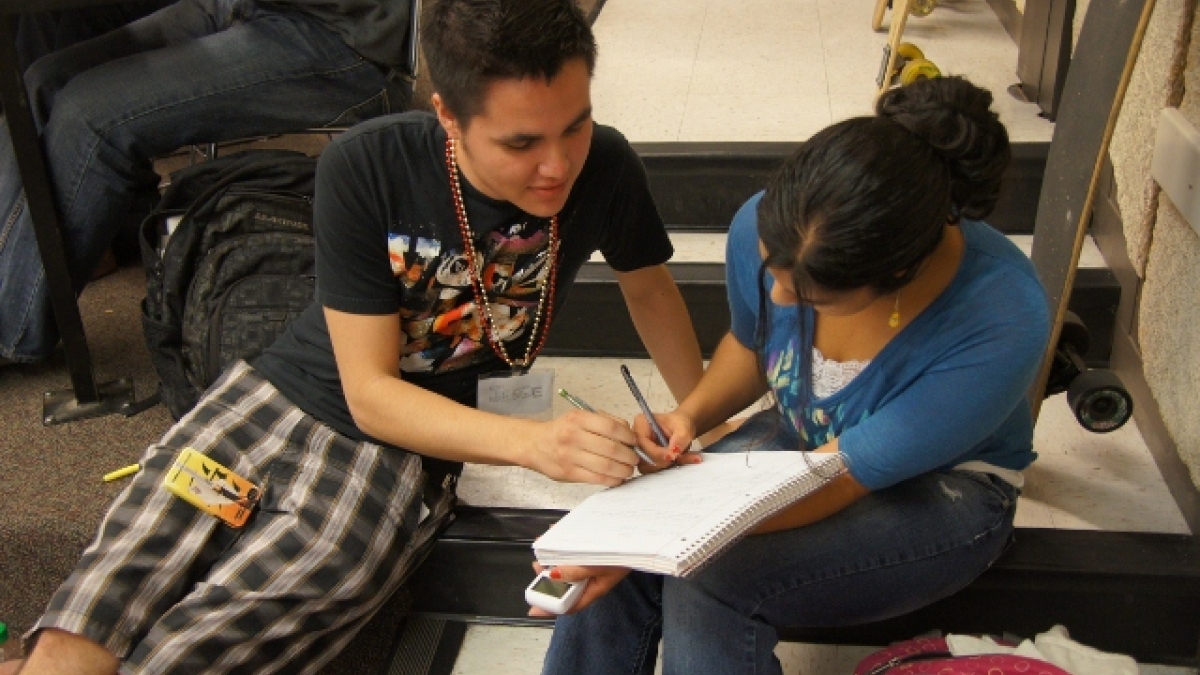The Physics Teacher Education Coalition (PhysTEC) recently announced the initial inductees into “The 5+ Club,” a group of institutions that has graduated five or more physics teachers in a given year — and Arizona State University is among them.
The majority of institutions graduate less than two physics teachers a year, and the most common number of graduates is zero. In their 2014 report, the American Association for Employment in Education found that the teacher shortage in physics is number one among 59 education fields.
Graduating five or more physics teachers a year is a significant achievement, helping to address the severe national shortage of high school physics teachers.
In addition to Arizona State University, which has graduated six physics teachers, the institutions recognized include:
• Brigham Young University (17)
• Illinois State University (10)
• Stony Brook University (8)
• Boston University (6)
• University of Central Florida (6)
• Middle Tennessee State University (5)
• Rowan University (5)
• Towson University (5)
• University of Arkansas (5)
• West Chester University (5)
• Western Michigan University (5)
The United States has a severe, long-term shortage of qualified physics teachers. In 2013, the National Task Force on Teacher Education inPhysics reported, “the need for qualified teachers is greater now than at any previous time in history.” Of the approximately 1,400 new teachers who are hired to teach physics each year, only 35 percent have a degree in physics or physics education.
PhysTEC, a flagship education program of the American Physical Society, aims to improve the education of future physics teachers by transforming physics departments, creating successful models for physics teacher education programs, and disseminating best practices. The project has funded more than 40 sites to build physics teacher education programs. The PhysTEC program is led by the American Physical Society in partnership with the American Association of Physics Teachers, with support from the National Science Foundation.
More Science and technology

ASU-led Southwest Advanced Prototyping Hub awarded $21.3M for 2nd year of funding for microelectronics projects
The Southwest Advanced Prototyping (SWAP) Hub, led by Arizona State University, has been awarded $21.3 million in Year 2 funding…

Celebrating '20 Years of Discovery' at the Biodesign Institute
Editor’s note: The Biodesign Institute at Arizona State University wraps up its 20th anniversary with the sixth and final…

Student research supports semiconductor sustainability
As microelectronics have become an increasingly essential part of modern society, greenhouse gas emissions, which are associated…
